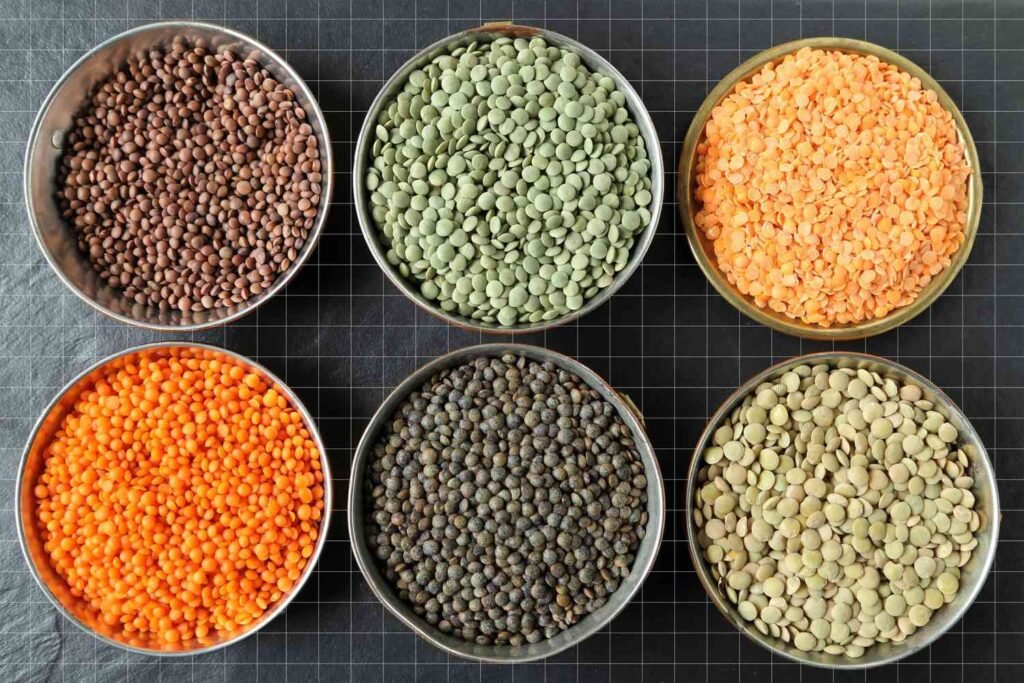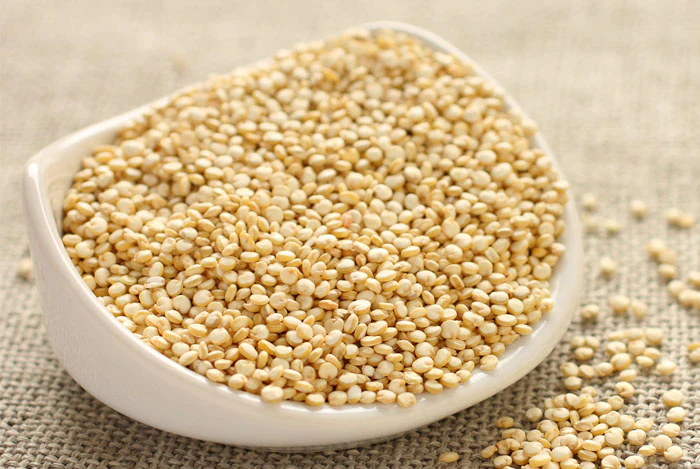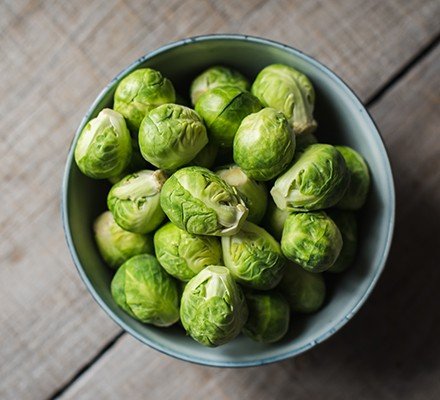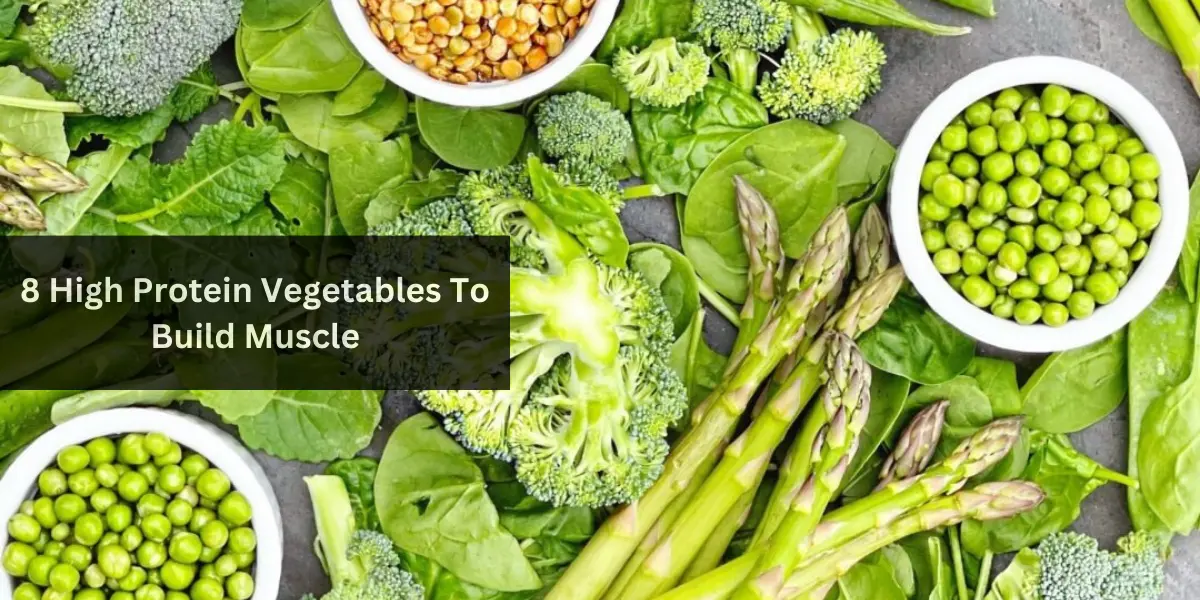When it comes to building muscle, most people immediately think of meat, poultry, or fish as their primary protein sources. But what if I told you that there are a variety of high-protein vegetables that can also help you achieve your muscle-building goals? In this article, we’ll explore eight plant-based sources of protein that not only provide the essential amino acids your muscles need but also offer a plethora of other health benefits.
Why Plant-Based Protein?
Before diving into our list of high protein vegetables, let’s briefly address the “why.” Many individuals are now opting for plant-based protein sources for various reasons, including health, environmental concerns, and ethical choices. Plant-based protein can be just as effective in helping you build and maintain muscle as animal-based protein. Plus, they come with a host of other nutrients and health advantages.
Spinach – Popeye’s Secret Weapon

Yes, spinach isn’t just for cartoon sailors; it’s a powerhouse of nutrients and plant-based protein. One cup of cooked spinach contains around 5 grams of protein. It’s also rich in iron, vitamins, and minerals, which are essential for overall health and muscle function.
Broccoli – Green Muscle Fuel

Broccoli is another green vegetable packed with protein – about 3 grams per cup when cooked. It’s a versatile ingredient that can be incorporated into a variety of dishes, making it an excellent choice for your muscle-building meals.
Lentils – The Protein-Packed Legumes

Lentils are legumes that provide an impressive 18 grams of protein per cup when cooked. They’re also a great source of fiber and complex carbohydrates, offering sustained energy for your workouts.
Chickpeas – The Humble Garbanzo

Chickpeas, or garbanzo beans, are a fantastic source of plant-based protein. With approximately 15 grams of protein per cup (when cooked), they can be the star of your salads, stews, and even as a base for homemade hummus.
Quinoa – The Complete Protein

Quinoa is often dubbed a “complete protein” because it contains all nine essential amino acids. It offers around 8 grams of protein per cooked cup, making it an ideal grain for muscle recovery and growth.
Edamame – The Young Soybeans

Edamame, young soybeans, are a protein-packed snack. A cup of cooked edamame provides roughly 17 grams of protein, along with heart-healthy fats and essential vitamins and minerals.
Brussels Sprouts – Mini Muscle Builders

These mini cabbages are often overlooked, but they are rich in protein (around 4 grams per cup when cooked). Brussels sprouts are also packed with vitamins and fiber, making them a valuable addition to your muscle-building menu.
Asparagus – Lean and Green

Asparagus is a low-calorie, high-protein vegetable that offers approximately 2.9 grams of protein per cooked cup. It’s also an excellent source of folate, which supports muscle and cell growth.
How to Incorporate High Protein Vegetables
Now that you know about these protein-packed vegetables, it’s time to put them into action. Here are some simple ways to incorporate them into your diet:
- Salads: Add chickpeas, quinoa, or edamame to your salads for an extra protein boost.
- Stir-Fries: Use broccoli, Brussels sprouts, and asparagus in your stir-fries with a lean protein source like tofu or tempeh.
- Soups: Lentils are a great addition to hearty soups. They provide both protein and texture.
- Smoothies: Blend spinach into your morning smoothies for a hidden protein boost.
- Snacks: Edamame makes for a protein-rich and satisfying snack. Steam them, sprinkle with a bit of salt, and enjoy.
Conclusion
You don’t need to rely solely on animal-based protein sources to build muscle. High protein vegetables can be a valuable addition to your diet, providing essential amino acids, vitamins, and minerals necessary for muscle growth and overall health. So, next time you’re planning your muscle-building meals, don’t forget to include these plant-based powerhouses.
FAQs
1. Can I get enough protein from plant-based sources to build muscle?
Absolutely. Plant-based sources of protein can provide all the essential amino acids needed for muscle growth. You may need to combine various protein-rich vegetables and grains to ensure you get a complete protein profile.
2. How can I make my meals more interesting with high protein vegetables?
Experiment with different cooking methods and seasonings. Roast your Brussels sprouts with olive oil and garlic, or create flavorful salads with chickpeas and a variety of spices.
3. Are these high protein vegetables suitable for vegetarians and vegans?
Yes, these vegetables are excellent options for vegetarians and vegans looking to increase their protein intake.
4. Can high protein vegetables help with weight management?
Yes, they can. High protein vegetables can keep you feeling full and satisfied, which can aid in weight management by reducing overall calorie consumption.
5. Are there any allergies or sensitivities associated with these vegetables?
Some people may have allergies to certain vegetables, so it’s essential to be aware of any allergies or sensitivities you may have. Always consult a healthcare professional if you have concerns.

